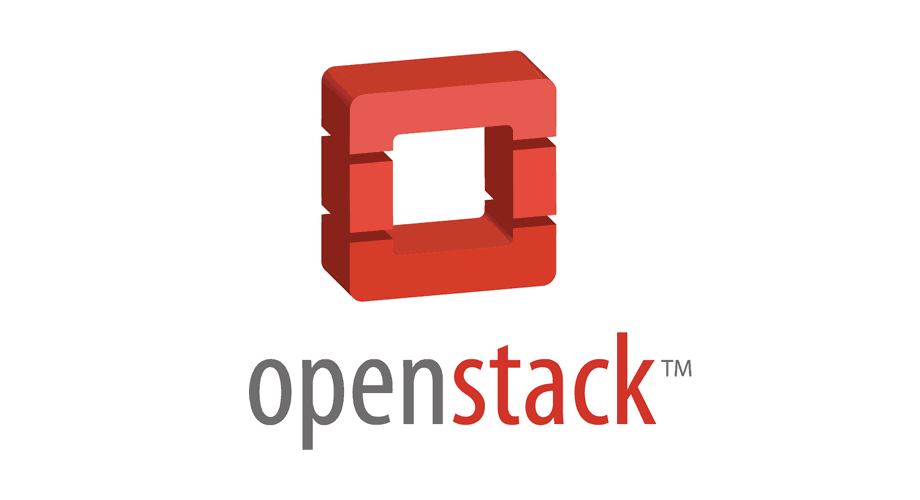OpenStack is a free and open-source cloud computing software platform that allows businesses to build and manage public, private, and hybrid clouds. It is licensed under the Apache 2.0 license, which is a permissive open-source software license that allows businesses to use, modify, and distribute OpenStack without any restrictions.
The Apache 2.0 license is one of the most popular open-source software licenses, and it is used by many other open-source projects, including the Apache HTTP Server, the Eclipse IDE, and the Android operating system. The license is permissive, meaning that it allows businesses to use and distribute OpenStack without having to share any modifications they make to the software. This makes it a popular choice for businesses that want to use open-source software but do not want to share their modifications with others.
The Apache 2.0 license also includes patent protection, which means that businesses that use OpenStack are protected from patent lawsuits. This is an important consideration for businesses that operate in industries where patent lawsuits are common, such as the technology industry. The patent protection provided by the Apache 2.0 license ensures that businesses can use OpenStack without the risk of patent litigation.
One of the benefits of the Apache 2.0 license is that it allows businesses to combine OpenStack with proprietary software. This means that businesses can use OpenStack as the foundation for their cloud computing infrastructure while also using proprietary software to build their applications on top of the OpenStack platform. This flexibility is important for businesses that want to use open-source software but also have proprietary software that they need to use.
Another benefit of the Apache 2.0 license is that it allows businesses to contribute back to the OpenStack community. Businesses that use OpenStack can contribute to the development of the software by submitting bug reports, fixing bugs, and contributing new features to the software. This helps to improve the quality of the software and ensures that it remains up-to-date with the latest trends and technologies.
While the Apache 2.0 license offers many benefits, there are also some potential drawbacks to using open-source software. One of the main drawbacks is the lack of vendor support. Businesses that use OpenStack are responsible for managing the software themselves and do not have the same level of support as they would if they were using a proprietary cloud computing platform. This can be a challenge for businesses that do not have the expertise or resources to manage their own cloud computing infrastructure.
Another potential drawback of using OpenStack is the risk of security vulnerabilities. While open-source software is generally considered to be secure, there is always a risk of security vulnerabilities being discovered. This means that businesses that use OpenStack need to be diligent in monitoring their systems for security vulnerabilities and taking appropriate action to mitigate any risks.
In conclusion, the Apache 2.0 license is a permissive open-source software license that allows businesses to use, modify, and distribute OpenStack without any restrictions. It offers many benefits, including patent protection, the ability to combine OpenStack with proprietary software, and the opportunity to contribute back to the OpenStack community. However, businesses that use OpenStack also need to be aware of the potential drawbacks, such as the lack of vendor support and the risk of security vulnerabilities. Overall, the Apache 2.0 license is a popular choice for businesses that want to use open-source software to build and manage their cloud computing infrastructure.
Read Also: GUIDE TO USE MANAGED CLOUD SERVICE FOR YOUR ENTERPRISE
